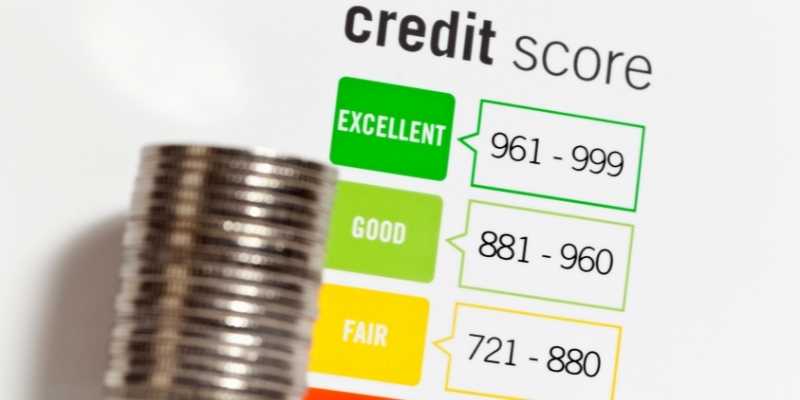
What is a good credit score?
Lenders want to anticipate the likelihood of a borrower to repay a loan within the stipulated period. Therefore they use decision-making tools that assist in risk assessment. It is important to have a good credit, it is the governing factor in qualifying for a loan, amongst other factors. One’s credit score is generated upon request by the lender. Loan terms vary according to your credit score. Financial goals achieved have major impact on the borrower’s credit score. But just what is a good credit score? Well, before answering this question, it’s important to first understand what constitutes a credit score.
What affects your credit score?
It is the elements contained in your credit report that affect your score. Such elements include:
- Your total debt.
- Loan payment history.
- The rate of credit utilization.
- Credit report inquiries submitted.
- Civil judgements, bankruptcy and other public records.
- The number of credit accounts newly opened.
- The number and type of credit accounts one has, and how long they have been in existence.
However, there is information that credit scores do not regard such as:
- Age of the borrower.
- Origin, race, marital status, gender or religion.
- Place of residence of the borrower.
- Employment status and history and salary (although lenders may want to use such information for approval purposes).
- Consumer disclosure inquiry made by the borrower or promotional inquiry made by lenders.
What is the best way to improve my credit score?
Sometimes when reviewing your credit scores, you may discover that they are not as satisfactory as you would want them to be. Your credit report contains all activities related to your credit flow, showing your responsibility in regards to your credit management. There are ways you can take charge of your financial future if you are equipped with information like:
- Improving your credit history with use of credit cards that are secured.
- Making choices that improve the credit score.
- The role of credit repair services to your credit.
- Restoring and restoring one’s good credit after suffering major setbacks like divorce or death.
- Monitoring your credit movements and learning on ways to help control them.
What if you do not have a credit score?
There are ways in which one can establish credit. Such ways include;
- One must have a source of income that is adequate and if they are underage, they must have a consigner.
- Open an account with the bank with a credit limit.
- Open a secured credit card.
When applying for loans, there is no need for minimum credit score, but you can be disqualified when you have a low credit score. You will have to wait for your credit to improve for you to get the best rates. However, some companies servicing mortgages issue guidelines to borrowers with low credit scores to help them acquire their desired loans. There are facts about credit scores that are common. Credit reports do not contain credit scores, the scores are calculated upon request only. They change with time based on one’s credit movements. In the case of joint accounts, credit reports are contained in the credit history. However, when one gets married, the accounts of the spouses remain independent.


